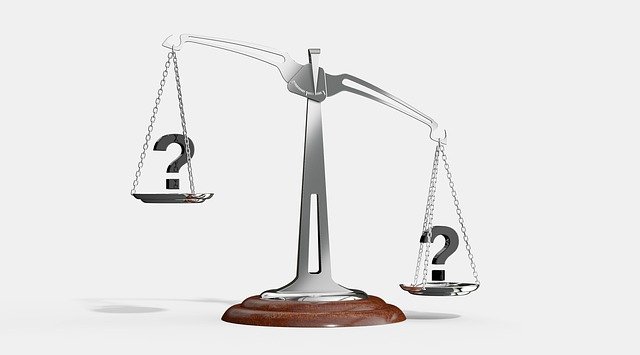Are You More Prone to Back Pain Than Others?
Are you frustrated that your back pain is back? Does it seem like you’re more prone to chronic back pain than others? Well, you could be.

Chronic Back Pain
What do we mean by chronic back pain? Back pain can mean different things to different people. For example, middle back pain is different than lower back pain. Or, some may experience sciatica, in which back pain actually travels down one or both legs, causing leg pain as well. Some individuals may get stiff and only experience pain after sitting for a long period of time, while others feel the pain almost constantly, making movements difficult.
When we add the term “chronic” in front of “back pain” we’re referring to a pain that continues (or re-occurs) over a long period of time.
Read more about chronic vs acute pain.
Factors Which Can Increase Your Chances of Back Pain
Regardless of where/when the individual experiences back pain, there are several factors which make some individuals more prone to chronic back pain than others. Here are a few examples.
Smoking
Studies have shown that smokers are at a higher risk for back pain than non-smokers. There are several effects of smoking which are believed to be the cause of this relationship. First of all, smoking has been shown to interfere with the body’s ability to absorb vitamin D, a critical component to keeping strong bones. In addition, smoking has been shown to increase estrogen loss in women, increasing their risk for osteoporosis and brittle bones. Smoking also has been shown to increase the rate that the discs between the vertebrae break down. This breaking down is a natural process over time, but happens faster in smokers, making them more prone to back pain from pressure on the nerves near the spine. The good news is that studies have shown chronic back pain can actually improve when an individual quits smoking.
Sedentary Lifestyle
The spine helps our muscles support the body’s weight. But, as we become sedentary and our muscles become weaker, the spine takes on more and more of the load. These added stresses can lead to problems in the spine that cause back pain. Without a change in lifestyle, the condition won’t improve (or will get worse) and the individual’s back pain will continue. Simple movements or light exercise can help ward off these problems. One great exercise that most can do is walking. Even if you can only walk a little, it helps. If you walk regularly you’ll soon find that you can walk more than you used to be able to.
Read about 3 habits for a healthy spine.
Genetics
Researchers have recently identified 3 genes which may be related to chronic back pain. While there is nothing you can do to change your genetic makeup, it may cause you to be more prone to back pain than others.
Stress
Are you stressed out? Most of us probably are. But you may not have known that constant stress can exacerbate chronic pain. Removing stress from your life, or learning how to manage it, may help you reduce chronic back pain.
Diet
“You are what you eat.” That’s what they say anyway. Well, when we talk about chronic back pain, our diet can have an influence on our bodies. For instance, certain diets have been shown to increase inflammation in the body. Inflammation can cause all sorts of problems in and around the spinal components. It can cause pressure on nerves which lead to chronic pain. Studies have shown that diets with vitamins, and a proper balance of fatty acids can help reduce inflammation. That reduced inflammation could help ease pressure on sensitive nerves and reduce your chronic pain.
Learn more about how diet can affect your back pain.
Are Some More Prone to Chronic Back Pain?
Yes. Take a look at yourself, your habits, your lifestyle. Do you relate to a lot of the factors above and experience chronic back pain? If so, focusing on altering your lifestyle, even just a little, may have a positive impact and make you less prone to chronic back pain.
